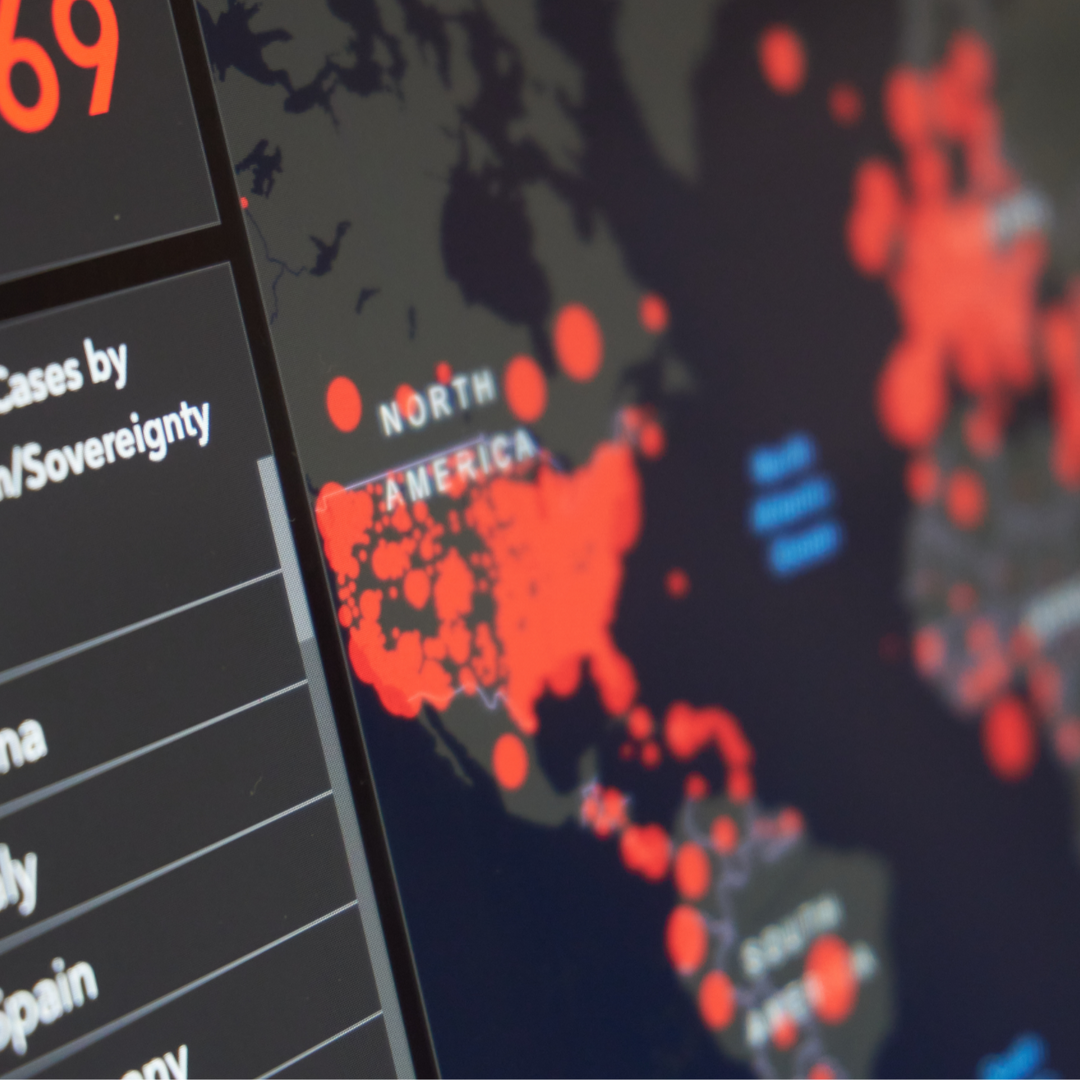Digital nomad visas have been springing up in one form or another across the world but especially in Europe. From Portugal, Germany and Malta to Greece and more, countries have been inviting digital nomads. After all, they pose a unique opportunity of making money abroad but spending them in their country. But can digital nomad visas be good for the global economy?
Before digital nomad visas
Digital nomads existed long before digital nomad visas were even a thing. Most of them used tourist visas or other forms of staying in the country for a short period of time. This had many downsides, chief among which was the fact that since they were technically seen as tourists, they paid none of the public taxes in the country they resided in.
Another problem was the shortness of staying in one place. Having to move every month limited the number of people who were willing to be digital nomads. Lastly, the COVID-19 pandemic has shown that having large numbers of people moving very often can have some health risks attached as well. Not to mention the carbon footprint on the environment.
What digital nomad visas solve
Digital nomad visas have a better grip on remote workers in general and digital nomads in particular. Not only can countries set sensible taxes on the foreign income of digital nomads, but they can also provide longer stays and better legal standing. This is especially attractive when it comes to Europe since a residence permit makes moving around the EU much easier.
Also, after the beginning of the pandemic, many communities that depend on international travel and tourism have been hit with a huge economic recession. Digital nomads offer a possible easing for these communities as they are a far more stable source of income.
The pandemic has also been a catalyst for the remote working community as many companies had to shut down their offices and have their employees work from home. Many employers saw the productivity of their workers stabilise or even grow as a result so the willingness of employers to offer remote working opportunities is higher than ever. Together with the digital nomad visa, this creates a large workforce whose income is far more stable and less dependent on freelancing than before.
What digital nomad visas didn’t solve
Digital nomads who can stay in one place for longer should, ideally, move around less and hence have a lesser negative impact on the environment. But seeing how various residence permits grant remote workers easier visits to neighbouring countries, this may not be true. It remains to be seen whether visas change anything regarding the impact of digital nomads on the environment.
One problem that did not get solved is the impact of digital nomads on housing. It has been the case in many urban areas that the overall price of rent went up as a result of digital nomads. This is because often wealthy workers would relocate to cheaper countries where some landlords quickly saw they could charge far higher prices, driving the competition up as a result. Together with property becoming a large space for investors, rents have gone up all across Europe and there is no sign of them stopping. This poses a challenge that many countries will need to solve in the near future.
